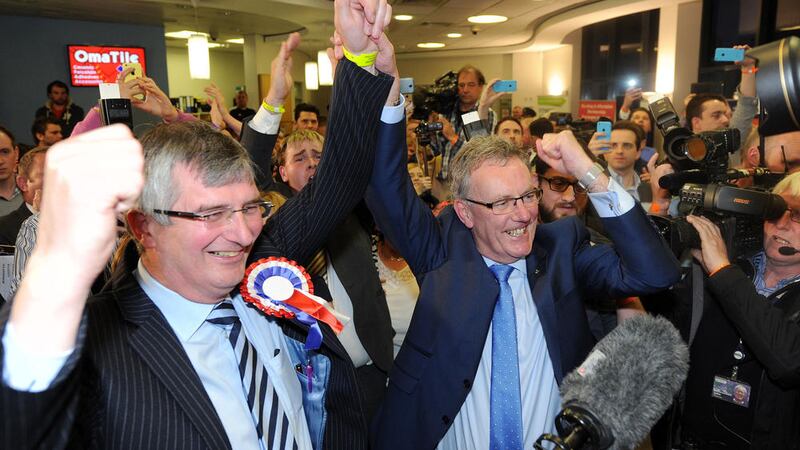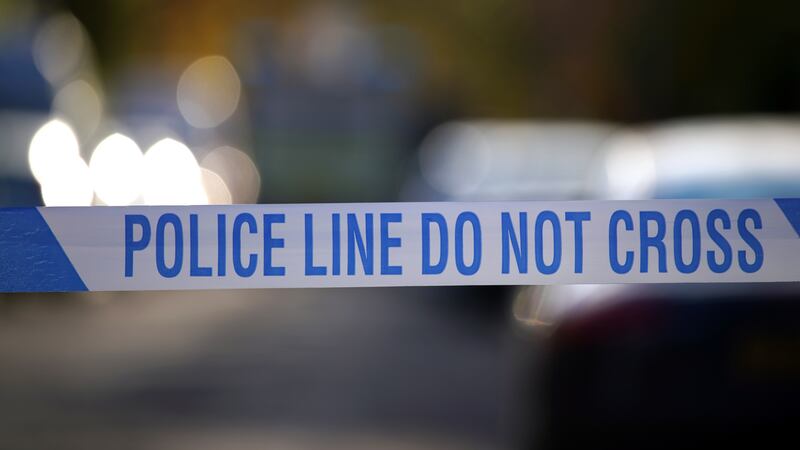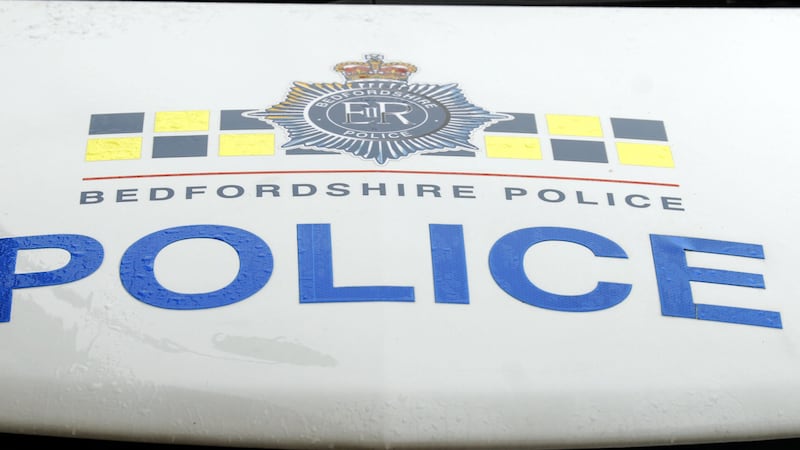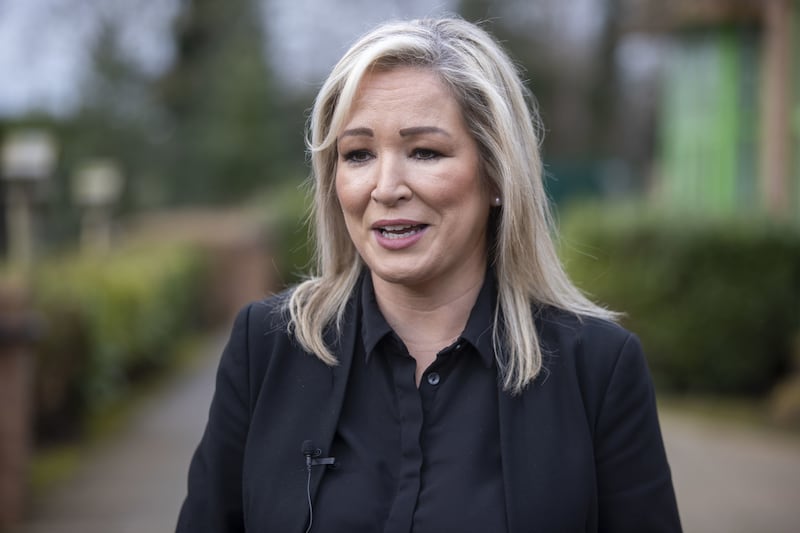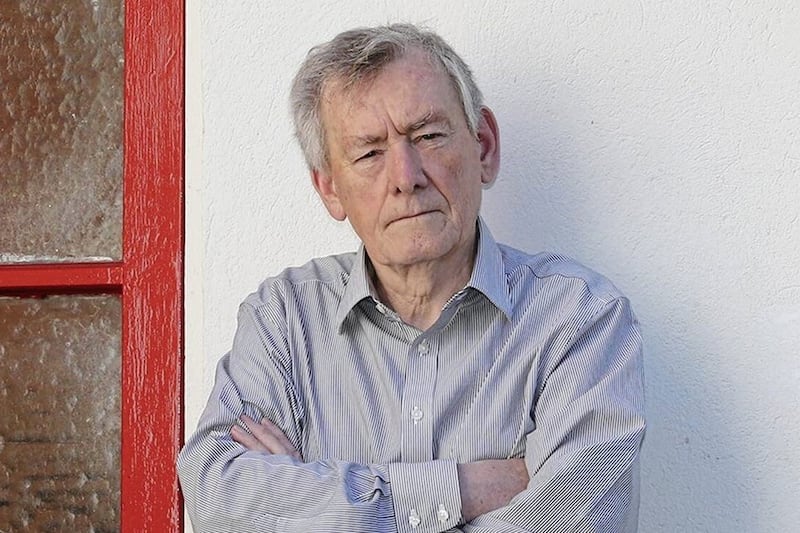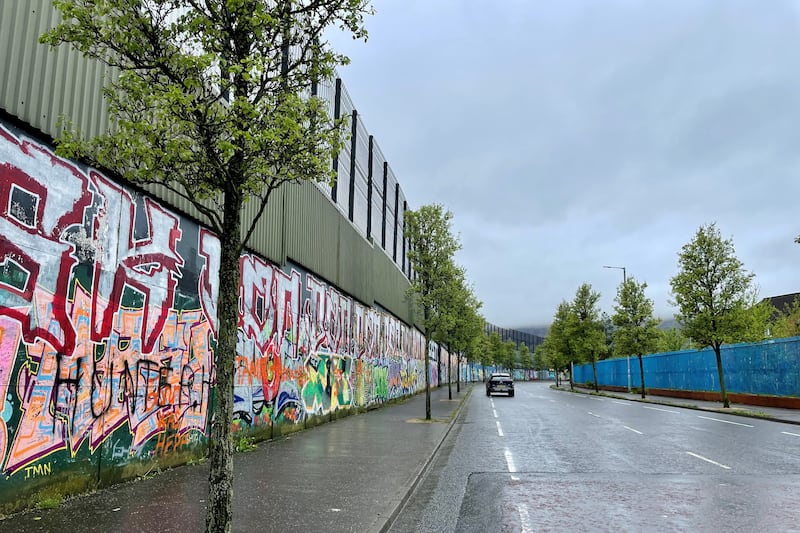Nationalist parties have received their lowest share of the vote at a Westminster election since before the ceasefires.
A new class of stay-at-home nationalist means that the gap between supporters of a united Ireland and the union has increased significantly.
Despite a higher overall turnout on Thursday, Sinn Féin and SDLP took the votes of just 38 per cent of the electorate - their lowest figure since the 1992 Westminster vote.
Meanwhile, the share of the unionist vote jumped more than 5% on 2010 to a high of 46 per cent.
Commentator Chris Donnelly said the growing number of nationalists who appear switched off from the electoral process reflects a community more at ease with Northern Ireland.
"I think unionism is more highly strung about identity issues. Nationalism is more happy in general with the status quo, and there is a lack of competition between the parties.
"Nationalism is suffering a retreat."
In other developments, an anti-abortion lobby group claims to have cost Sinn Fein's Michelle Gildernew her seat in Fermanagh and South Tyrone
St Joseph's Pro Life Group, based in Dungannon, said it distributed 20,000 leaflets across the constituency urging people to vote for anti-abortion candidates.
Conservative leader David Cameron, meanwhile, pledged yesterday to move quickly to devolve more powers to Scotland, Wales and Northern Ireland as he began forming a new government with a slim Commons majority.
